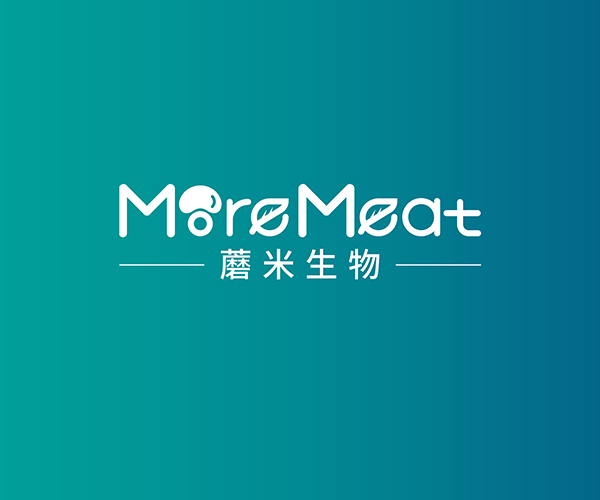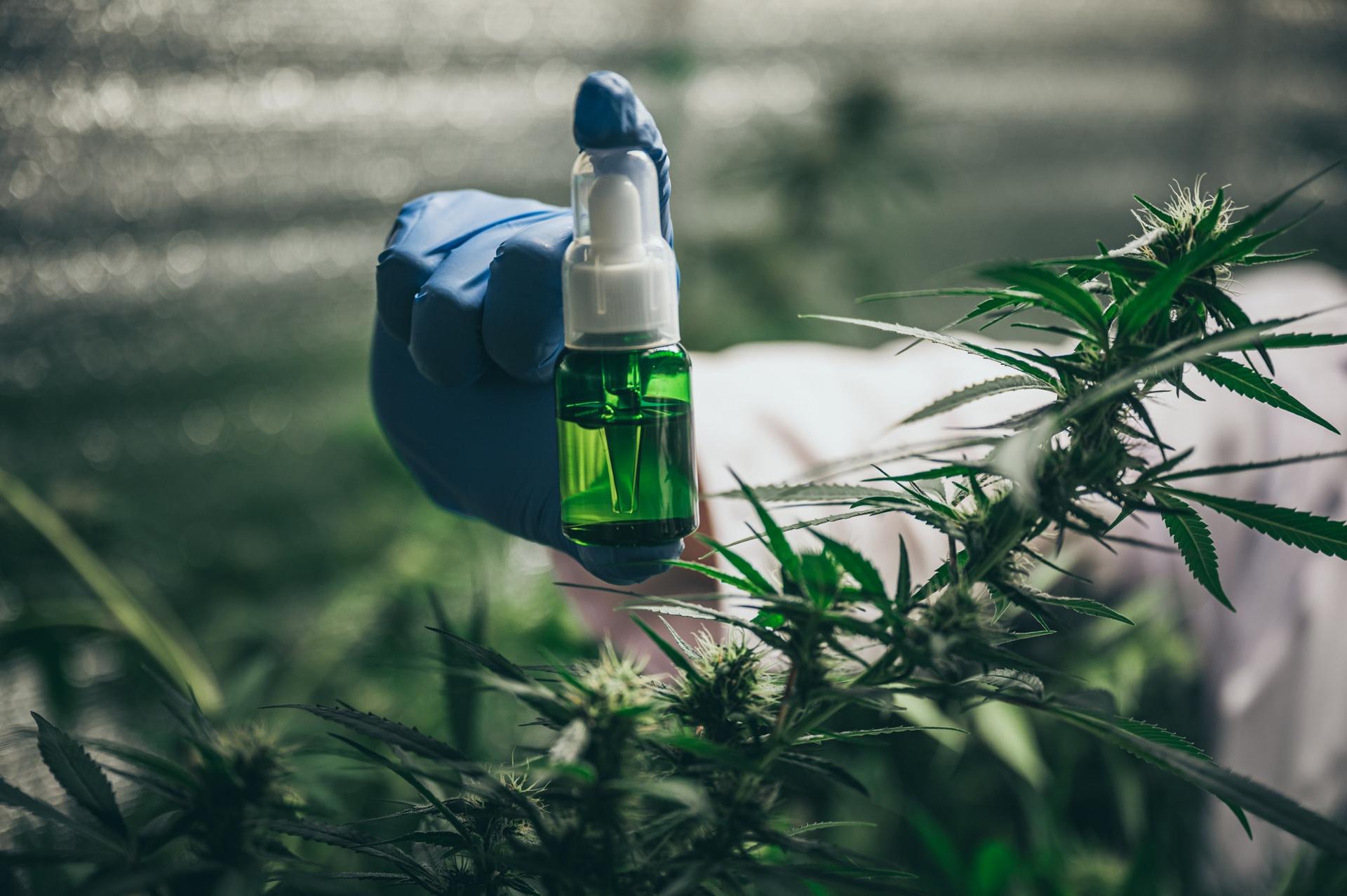Recently, MoreMeat, an international leader in Mycoprotein innovation, announced that its proprietary filamentous Mycoprotein derived from a new strain of Fusarium has passed the rigorous new food assessment by the Singapore Food Agency (SFA), officially gaining entry into the Singapore market. As a benchmark market for new food innovations in Asia, Singapore is renowned for its globally leading regulatory system. This approval underscores the safety, nutritional value, and innovative strength of MoreMeat’s products. It marks another significant milestone in MoreMeat’s global expansion following its GRAS certification in the U.S. in December 2024, making MoreMeat the first domestic company to achieve market access in multiple countries for Mycoprotein, thereby accelerating the upgrade of sustainable protein industries worldwide with its innovative prowess!
MoreMeat’s filamentous Mycoprotein is produced through fermentation using a patented natural strain of the new generation Fusarium. The protein boasts high protein content, high dietary fiber, low fat, and zero cholesterol. It contains all essential amino acids required by the human body, achieving a PDCAAS score of 1, with digestibility and absorption rates similar to whey protein. Featuring a natural fibrous texture, neutral taste, health benefits, nutritional value, and lower costs, these proteins can be applied across various sectors such as meat products, dairy drinks, and functional foods.

Currently,MoreMeat has developed a range of Mycoprotein products including meatballs, chicken nuggets, minced meat, sausages, and more. These products are not only delicious and nutritious but also align with modern consumers’ pursuit of health and environmental sustainability, earning widespread praise from industry experts and consumers alike.

This achievement highlights MoreMeat’s commitment to advancing sustainable protein solutions and its ability to meet stringent international standards, paving the way for broader global market penetration and contributing to the development of more sustainable food systems around the world.



